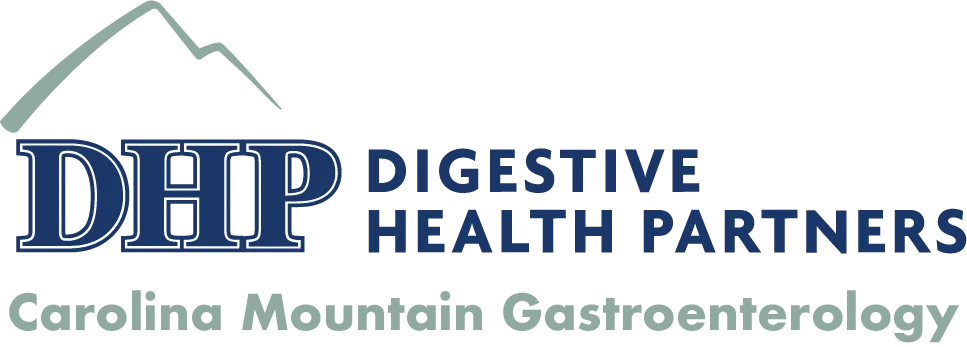

Carolina Mountain Gastroenterology
a division of DHP
has partnered with Gifthealth for your upcoming colonoscopy prep
Gifthealth will:

Contact you to verify your address and collect your copay, if applicable

Provide cost-saving options and automatically apply coupons

Verify the procedure date

Provide instruction sheets on your specific preparation

Deliver your bowel prep regimen for FREE
1 (833) 614-4438
